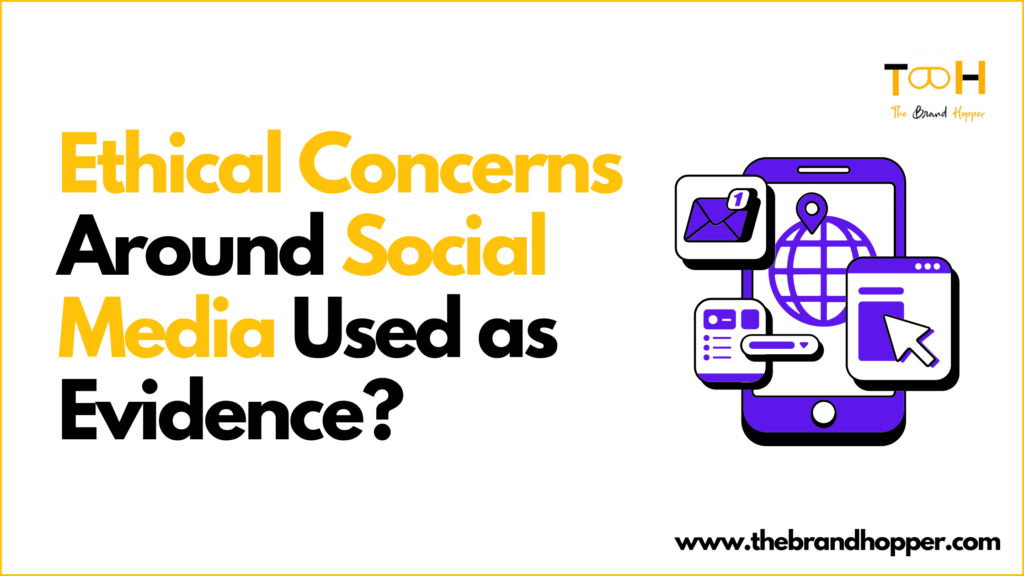Social media – it’s everywhere. What once started as something that only select college students used has become something that people all over the world dig and dive into every single day. Businesses and customers from all walks of life all use social media for a number of reasons.
And social media has changed a lot over the years, evolving beyond just sharing moments with friends.
Today, social media is more of a digital diary that keeps tabs on everything in someone’s life, from major celebrations to exciting milestones to even tragedies and controversies. Anything that happens online is spoken about, monitored, and even broadcast on social media.
For attorneys and law enforcement officials, the virtual moments found on social media can actually be used as valuable evidence in a court of law. Social media posts, comments, and private messages are now called up in court cases and often impact the outcome and the final verdict. Social media might be made with the best of intentions, but it can have a negative effect in a case and even land someone behind bars.
With all that being said, ethical dilemmas are popping up with the use of social media evidence. In what way can we balance its importance with privacy and fairness?
When does seeking justice and attempting to help victims cross over into the invasion of privacy?
Can’t Deny The Updates
Unlike an essay or letter to a friend, social media posts are not thoughtfully put together. They are very spontaneous, and don’t think about good grammar, what is right and wrong, and even more serious issues like copyright infringement online rules.
In other words, they are not intended to be used in court, like a witness statement or expert testimony that lawyers often use.
Social media posts are personal…and also hard to argue against. Plus, they really reveal a lot, whether we know it or not.
For example, a location tag on a Facebook post can verify or ruin someone’s alibi. They can be the biggest defense – or tool to get a conviction. It can be like attempting to prove something even though your own words are working against you.
And it can’t be forgotten that the internet lasts forever and even if something is deleted by a social media user, it still exists on the web until the end of time.
Privacy
The matter of privacy is deeply tied to today’s social media world and monitored by many justice watchdogs. Many people believe that their posts are only shared with friends and not the entire world. And the courts can prove that is most definitely not the case, which is a surprising fact not many people know.
For the last few years, courts have been deciding that public social media posts can be used as evidence, and sometimes even private posts can be opened up and used in cases via a judge-issued subpoena.
This creates some really unique and pressing questions. The biggest question revolves around privacy. We all have the right to privacy, even if it’s not a legal one. At what point do social media posts become private property? It’s a lot like reading someone’s diary, right? If that’s the case, shouldn’t it not be permitted in court?
Conclusion
Using social media in court is a tricky but important balance between what is justified and right and what violates some basic protections we all have as citizens, such as the right to privacy.
Yes, it can uncover some hidden truths that are needed in court cases but it can also violate privacy, mess with much-needed context, and actually lead to some injustices.
To read more content like this, explore The Brand Hopper
Subscribe to our newsletter
Go to the full page to view and submit the form.

